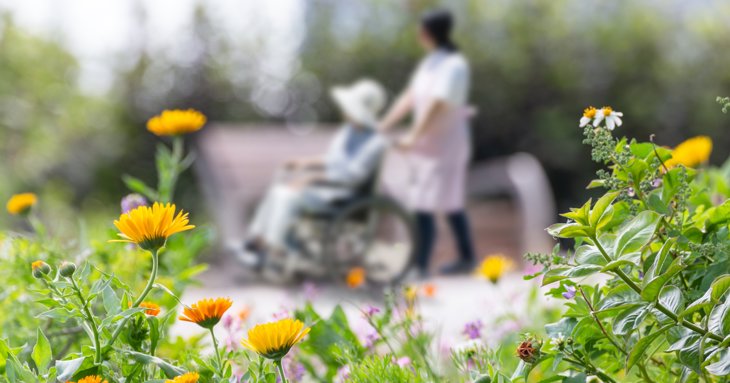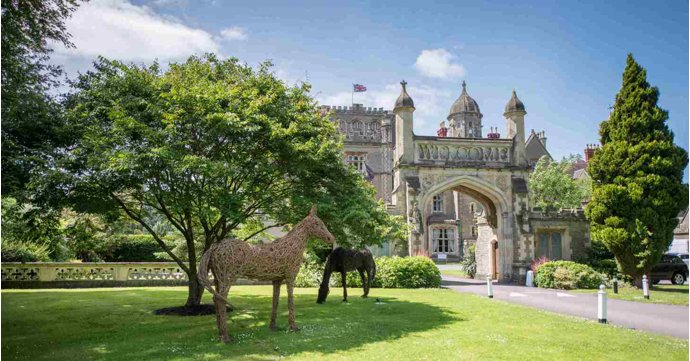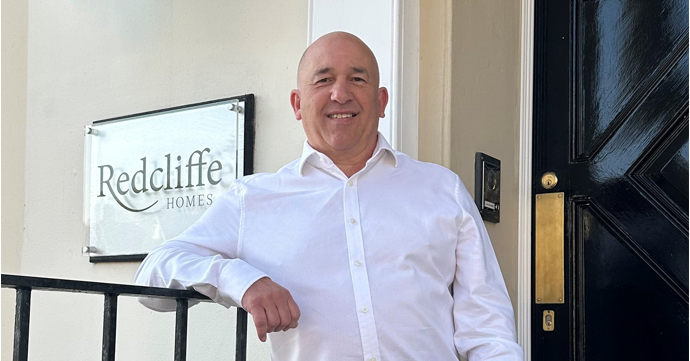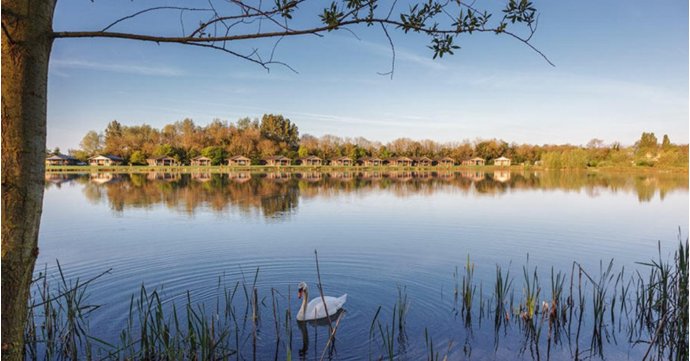An innovative research project from the University of Gloucestershire has received £336,578 in funding from UK Research and Innovation and the Medical Research Council to explore the positive effects of the sounds of nature on the mental health and wellbeing of people living in care homes.
Building on previous studies within this subject area, a team of researchers specialising in multiple disciplines such as social science, sound art and cultural studies will use immersive audio technologies to examine the effects on the elderly and care home residents.
Collaborating with Lillian Faithfull Care and the Forest Avon Trust, university experts will record nature-based soundtracks, featuring waterfalls, birdsong and ocean waves and air them in residential homes.
The two-year study entitled SAGE — Sound, Environment and Ageing: Bringing the Outside into Care Homes — is to be led by University of Gloucestershire academics Professor Abigail Gardner, Dr Alice Goodenough and Dr Philip Reeder, and Dr Wendy Martin of Brunel University London.
Professor Gardner said: 'The project will make a novel contribution to research into sound and ageing that can be used to develop approaches within institutional health care settings, establishing the base for scaling up the use of therapeutic tools that use natural sounds for improving mental health and wellbeing in older people.
'The project’s motto is 'Bringing the Outside In'. It uses immersive audio technology to expand the sonic world for care home residents whose daily environment, routines and health conditions often mean they have little access to natural sound.'




















